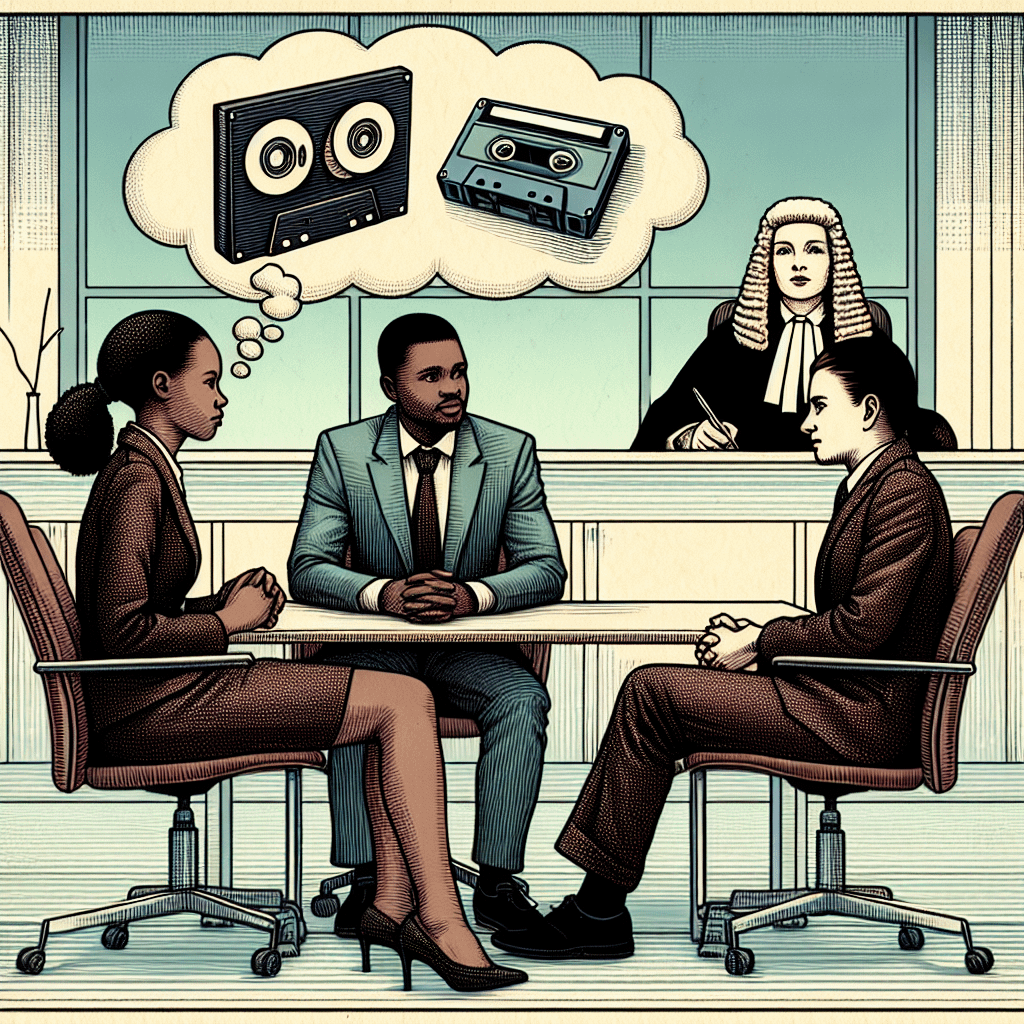Navigating the world of recording conversations can be a legal minefield, and it’s important to know the rules before you hit the ‘record’ button. Whether you’re trying to document an agreement, keep track of a meeting for personal records, or even catch up with a long-distance friend, understanding the legal landscape can save you a lot of headaches down the road. So, can you legally record a conversation without the other person’s consent? Let’s dive into the details.
First thing’s first, let’s talk about “consent.” In the context of recording conversations, consent refers to whether or not you need permission from the people involved to legally capture your interaction. The necessity of obtaining consent depends largely on where you are—both geographically and contextually.
In the United States, the rules about recording conversations vary from state to state. The key concept you’ll encounter is the difference between “one-party” and “all-party” consent laws.
One-Party Consent States
In one-party consent states, you can legally record a conversation as long as at least one person involved knows about the recording. Here’s an example: if you’re in a one-party consent state, you can record your phone call with a friend without telling them, as long as you are one of the participants in the conversation. In this scenario, you are the one party giving consent.
Most states in the U.S., such as New York and Texas, adhere to this policy, making it generally easier to record conversations you are a part of. However, it’s crucial you are part of the conversation; otherwise, you’re venturing into illegal territory.
All-Party Consent States
Conversely, all-party consent states require that all parties involved in a conversation agree to be recorded. States like California, Florida, and Illinois have these stricter laws, meaning if you’re in a casual chat with a group of friends, you’d need to inform everyone and get their consent before hitting record.
These laws are designed to protect privacy, ensuring that individuals aren’t being recorded without their knowledge. Not adhering to these rules can lead to criminal charges, fines, and potential civil liabilities.
Recording Across State Lines Things can get a bit more complicated when conversations cross state lines, especially if the parties are in states with different consent laws. In these cases, it’s generally safest to abide by the stricter law to avoid any legal mishaps. So if you’re calling someone in an all-party consent state, make sure everyone knows about and agrees to the recording, even if you’re in a one-party consent state.
Public vs. Private Conversations
Another important distinction is between public and private conversations. Generally, conversations in a public setting, where there is no reasonable expectation of privacy (e.g., a loud restaurant or a public park), might be recorded legally without consent in many places. However, tread carefully, as privacy expectations can be subjective, and you don’t want to end up in a gray area.
Practical Tips
1. Research Your State Laws: Before recording, take a moment to look up the specific laws in your state. Websites for your state’s legislative or judicial branch can offer clear guidance.
2. Err on the Side of Caution: If you’re unsure about the legality of recording a conversation, ask for permission. It’s a simple step that can save you from potential legal issues.
3. State Your Intent: If you decide to record with consent, be upfront about it. Let the other person know why you’re recording and how you intend to use the recording. Transparency builds trust and avoids misunderstandings.
4. Be Ethical: Beyond legality, consider the ethics of recording. Respect others’ privacy and only record if you believe it’s necessary and reasonable.
By understanding and respecting the laws around recording conversations, you can protect yourself from legal troubles while maintaining ethical communication practices. It’s all about striking the right balance between the need to document and respect for privacy. So next time you’re thinking about recording a conversation, remember these pointers and proceed thoughtfully.








